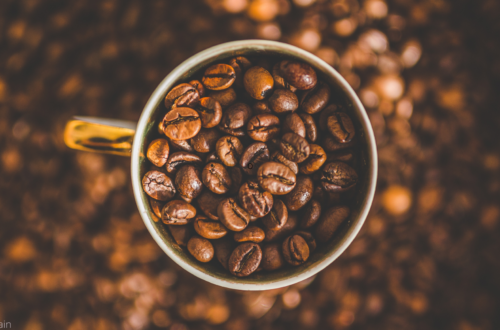
What Is The Most Important Food To Eat On Keto?
So you have started your keto journey and want to find out what are the best foods to eat in order to get the best results?
As a general rule, the most important foods to eat on the ketogenic diet are naturally occurring, unprocessed healthy fats, such as olive oil, avocados, salmon, nuts, seeds, and organic pasture-raised eggs. Roughly 70% of your daily calorie intake should come from such healthy fats.
In this post, we have gathered every important detail you need to know about the ketogenic diet and will give you tips on how you can get started, so continue reading to learn more!

Healthy Fats on Keto
It is easy to simplify and classify all fats together when it comes to the keto diet.
However, there are many different types of fats, both healthy and unhealthy. It’s important to know the difference if you want to get the best results from keto.
Studies have indicated that healthy fats that come from foods such as olive oil, and avocados can help reduce inflammation, improve heart health, increase fat loss and improve insulin sensitivity, in addition to many other health benefits.
Keep in mind, It’s important to keep the balance and not overdo your fats on a keto diet.
Fats are calorie dense, so it is easy to overdo fats on the ketogenic diet. Keep track of your macros because overdoing fats on keto can hinder your weight loss results.
What Foods Contain The healthiest Fats?
- Olive oil & olives
- Avacado & avocado oil
- Pecans
- Macadamia nuts
- Salmon & other healthy wild-caught fish
- Pork
- Seeds
- Nut butter
- Coconut oil
- Eggs (pasture-raised organic)

What is a true ketogenic diet?
The original keto diet was created in 1923 by Dr. Russell Wilder for the treatment of epilepsy.
In the original keto diet, 90% of calories come from fats, 6% from proteins, and 4% from carbohydrates.
Is the ketogenic diet effective for weight loss?
Numerous scientific studies have indicated that the ketogenic diet is an effective weight loss tool.
Keto puts the body in the state of ketosis, a fat-burning state. The body uses its fat as the primary fuel source, which results in fast weight loss.
Can you Drink Alcohol On A Ketogenic Diet?
Drinking alcohol is not recommended on a ketogenic diet.
Alcohol dehydrates your body, depletes your body of vitamins, and stops fat-burning; therefore, drinking alcohol will negate the health benefits of ketosis.

What is a Ketogenic Diet?
The ketogenic diet is a high-fat, low-carbohydrate, and moderate-protein diet that puts your body into a state of ketosis.
When in ketosis, your body switches its primary fuel source from sugar to Fat. This switch has several benefits, including weight loss, mental clarity, and increased energy levels.
On average, when starting a ketogenic diet, it takes an individual between 4-6 weeks to get into ketosis.
To learn more about the ketogenic diet's anti-aging effect, click here.
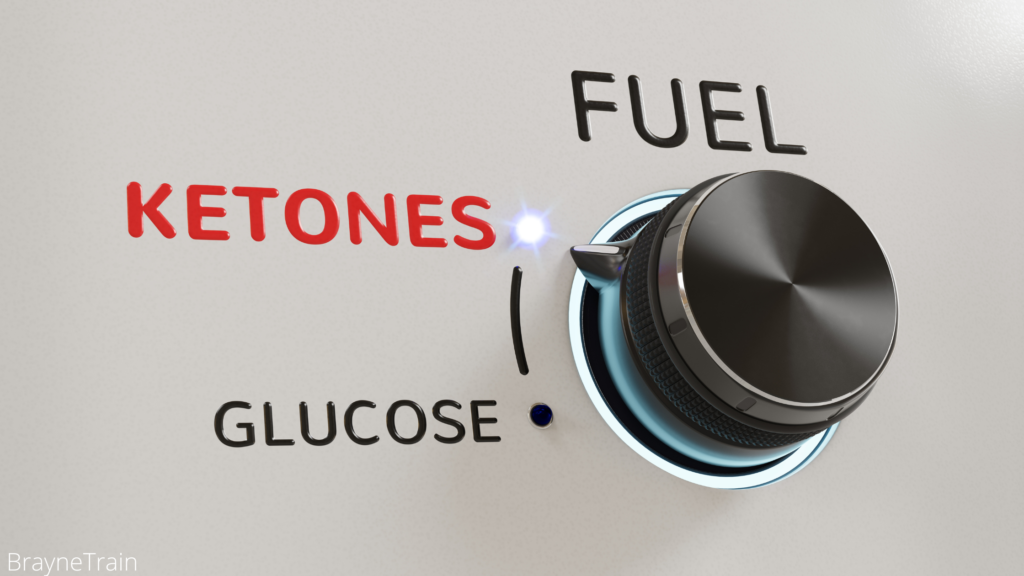
Ketones
Ketosis can be induced by following a low carbohydrate diet such as the ketogenic diet or by fasting.
When ketosis occurs, the body begins burning fat as fuel. The by-products of this fat burning process are ketones. Ketones are produced by the liver.
Ketones are the superior fuel source for the body and the brain.

Ketosis vs. Fat Adaptation
Becoming fat-adapted takes time and hard work. Being in ketosis does not mean you are fat-adapted.
Ketosis is the presence of ketones in the blood system.
However, being fat adapted is when the body is conditioned to use fat as the primary fuel source.
Ketosis, over time, can help you become fat adapted, and the more fat-adapted your body becomes the less you will rely on carbohydrates for fuel.
To learn about Keto breath and how you can get rid of it, click here.

top Health Benefits of the Ketogenic Diet:
Weight Loss
When following Keto, the body enters a state of ketosis, switching its primary fuel source from sugar to fat.
Ketosis turns your body into a fat-burning machine and can dramatically reduce the amount of body fat you have if you stay consistent and follow a clean keto protocol.
In addition, ketosis helps increase energy levels and reduce appetite. As a result, ketogenic dieters can lose weight quickly and effectively.
Best of all, the ketogenic diet is sustainable in the long term, making it an excellent choice for those looking to achieve their ideal weight.

Cures Food Addiction & Cravings
Keto has been shown to be an effective tool in fighting food addiction.
For the average population in today’s world, sugar is the primary fuel source for the body.
When you eat carbohydrates, blood sugar levels rise, and you experience a “sugar high.” The sugar high is followed by a sugar crash, leaving you feeling tired, cranky, and hungry, craving for more!
In a ketogenic diet, the amount of carbohydrate intake is dramatically reduced.
By limiting the intake of carbohydrates and inducing ketosis, keto helps stabilize blood sugar, drop insulin levels, and prevent insulin spikes, which results in reduced appetite and cravings.
To learn more about binge-eating behavior and how you can stop it, click here.

Balancing Hormones
A ketogenic diet helps balance hormones by stabilizing blood sugar levels and lowering insulin.
In addition, by reducing inflammation and promoting healthy gut bacteria, a keto diet can help balance estrogen levels.
A study published in The Journal of Nutrition & Metabolism put eleven overweight women with a clinical diagnosis of PCOS on a low carbohydrate ketogenic diet for six months.
At the end of the study, they found that the participants had a 12% reduction in body weight, a 22% reduction in testosterone, improvement in FH and FSH, and a 54% reduction in fasting insulin levels.
Lower insulin is the main factor in balancing hormones like estrogen and ghrelin (the hunger hormone).
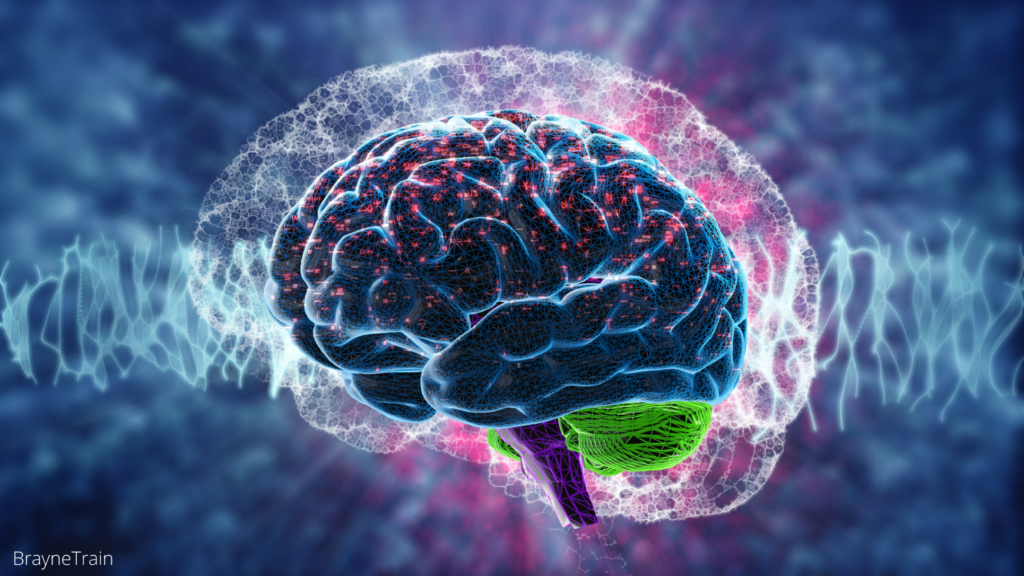
Improved Cognitive Function
Compared to sugar, ketones are more efficient in creating energy in the mitochondria (the cell’s powerhouse).
The brain is incredibly responsive to ketones; the presence of ketones in the bloodstream helps improve cognitive function and protect against neurological diseases.
Also, ketones have been shown to increase the number of mitochondria, therefore, increasing the power generated for the brain.
This improves cognitive function, making you brighter, sharper, and more focused, and making ketones the superior fuel for the brain.

Lower Blood Sugar
Ketosis has been shown to lower blood sugar levels and increase insulin sensitivity.
In addition, ketosis has been shown to improve the symptoms of diabetes, including improved glucose levels and reduced need for medication.
As a result, a ketogenic diet is an effective tool in helping to improve blood sugar levels and reduce the symptoms of diabetes.
In a study of obese adults with type 2 diabetes, those who followed a ketogenic diet for 24 weeks lost more body fat and had better blood sugar control than those who followed a low-fat diet.

Reverses Insulin Resistance
A ketogenic diet is a powerful tool that can improve insulin sensitivity.
When in ketosis, the body becomes efficient at utilizing ketones for energy instead of sugar, which reduces the amount of insulin that is required, lowering insulin levels.
Low insulin leads to significant improvements in blood sugar and improves insulin sensitivity.
In addition, the ketogenic diet burns stored fat and reduces inflammation, which are major contributing factors to insulin resistance.
A study conducted by researchers at the University of Sydney examined the effects of the ketogenic diet on insulin resistance. The study found that the ketogenic diet effectively reverses insulin resistance in rats.
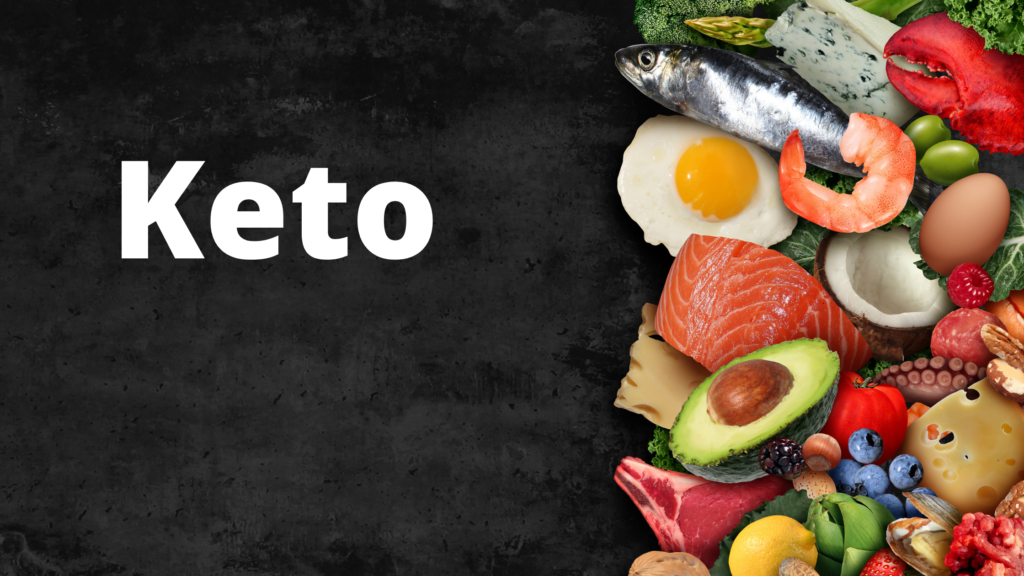
9 Steps for starting a Ketogenic diet:
- Cut down your carbohydrate intake to less than 20g per day. Only 5% of your daily calories.
- Cut out any sugar, both synthetic and organic.
- Increase your organic, healthy fat intake. 65-70% of your daily calories should come from healthy fats such as olive oil, macadamia nuts, avocados, etc.
- Eat a moderate amount of high-quality, organic protein; 15-20% of your calorie intake should come from proteins.
- Cut out all snacking between meals.
- Eat 2-3 meals per day.
- Do not cheat, especially when you are just starting out. It takes 4-6 weeks to get into ketosis.
- Avoid processed and refined foods.
- Stay consistent, especially through the keto-flu, which will likely occur as you get into ketosis.
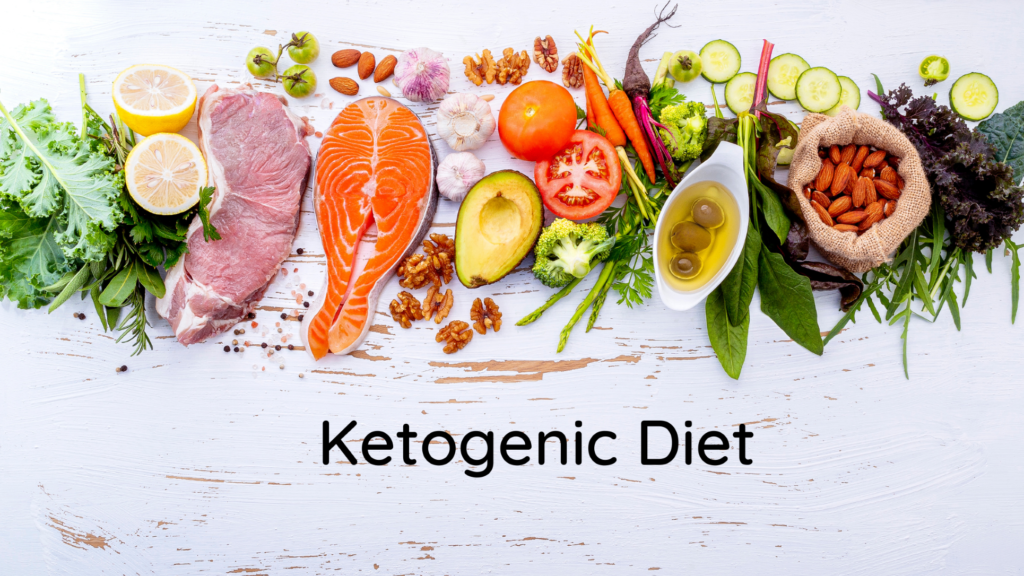
Best Foods to eat on a Ketogenic Diet:
Fats:
- Olive oil
- Macadamia nut oil
- Avocado oil
- Coconut oil (unrefined)
- Ghee
- Grass-fed butter
- MCT oil
Dairy:
(Hard Aged cheeses)
- Aged gouda
- Aged swiss
- Sheep cheese
- Goat cheese
- Heavy cream (in moderation)
Nuts:
- Macadamia nuts
- Pecans
- Walnuts
- Brazil nuts
- Pistachios
Proteins:
- Lean red meat (grass-fed/organic)
- Salmon (wild-caught)
- Sardines
- Oysters
- Shellfish
- Shrimp
- Eggs (organic pasture-raised )
Vegetables:
- Leafy greens (kale, spinach, cabbage, etc.)
- Rhubarb (triggers gut motility)
- Artichoke
- Asparagus
Fruits:
- Avocado (1 per day)
- Raspberries (1/4 cup)
- Blackberries(1/4 cup)
- Strawberries ( 1/2 cup)
Liquids:
- Water
- Green tea
- Black coffee
- Apple cider vinegar
Best Snacks on a Clean Keto Diet:
- Chomps sticks
- Okra (high Vit. K)
- Olives (antioxidants)
- Seaweed
- Aged cheese
- Berries
Foods to Avoid on a Keto diet:
- Carbohydrates
- Sugar
- Honey
- Syrup
- Beans
- Most fruits
- Sweetened yogurt
- Vegetable oil
- Processed food (chips, protein bars, etc.)
- Grains
- Bread
- Margarine
- Starchy vegetables (corn, white potatoes, sweet potatoes, green peas, beets, acorn squash, butternut squash, turnips.)
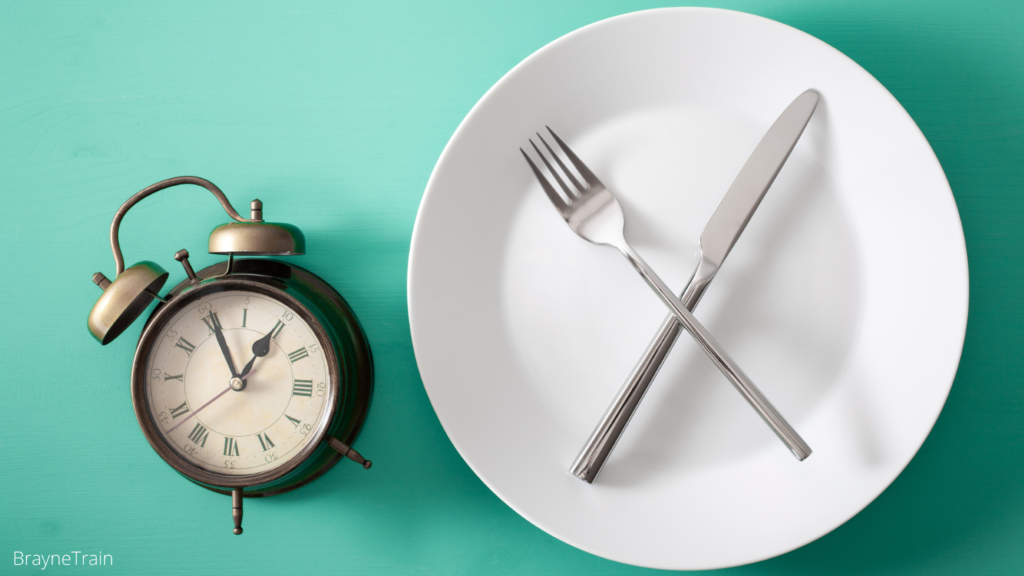
Intermittent fasting & Keto; The Power Couple!
Intermittent fasting involves alternating between periods of fasting and eating.
The most common form of intermittent fasting is a 16:8 or a time-restricted diet, which involves fasting for 16 hours and eating during an 8-hour window.
Intermittent fasting has been shown to have several health benefits, including weight loss, improved blood sugar, and reduced inflammation.
Keto and intermittent fasting have synergistic effects when combined because they both put your body into the state of ketosis and promote lower insulin, lower blood sugar, and fat loss.
Therefore, adding Intermittent fasting to your ketogenic diet can be very beneficial, and it is highly recommended by many nutrition and weight loss experts.
Takeaway
The most important foods you can consume on a ketogenic diet are healthy fats such as olive oil and avocados. It’s important to keep in mind, however, that it is easy to overdo fats on keto, therefore, you should stay mindful of your macros throughout the day in order to achieve the best weight loss results from your ketogenic diet. Thank you for reading!
References:
Mavropoulos JC, Yancy WS, Hepburn J, Westman EC. The effects of a low-carbohydrate, ketogenic diet on the polycystic ovary syndrome: a pilot study. Nutr Metab (Lond). 2005;2:35. Published 2005 Dec 16. doi:10.1186/1743-7075-2-35
Volek JS, Sharman MJ, Love DM, Avery NG, Gómez AL, Scheett TP, Kraemer WJ. Body composition and hormonal responses to a carbohydrate-restricted diet. Metabolism. 2002 Jul;51(7):864-70. doi: 10.1053/meta.2002.32037. PMID: 12077732.
Lutas A, Yellen G. The ketogenic diet: metabolic influences on brain excitability and epilepsy. Trends Neurosci. 2013 Jan;36(1):32-40. doi: 10.1016/j.tins.2012.11.005. Epub 2012 Dec 8. PMID: 23228828; PMCID: PMC3534786.
Dashti HM, Mathew TC, Hussein T, Asfar SK, Behbahani A, Khoursheed MA, Al-Sayer HM, Bo-Abbas YY, Al-Zaid NS. Long-term effects of a ketogenic diet in obese patients. Exp Clin Cardiol. 2004 Fall;9(3):200-5. PMID: 19641727; PMCID: PMC2716748.
Tóth, Csaba & Clemens, Zsofia. (2014). Type 1 diabetes mellitus successfully managed with the paleolithic ketogenic diet. International Journal of Case Reports and Images. 5. 10.5348/ijcri-2014124-CR-10435.
Bolla AM, Caretto A, Laurenzi A, Scavini M, Piemonti L. Low-Carb and Ketogenic Diets in Type 1 and Type 2 Diabetes. Nutrients. 2019;11(5):962. Published 2019 Apr 26. doi:10.3390/nu11050962


